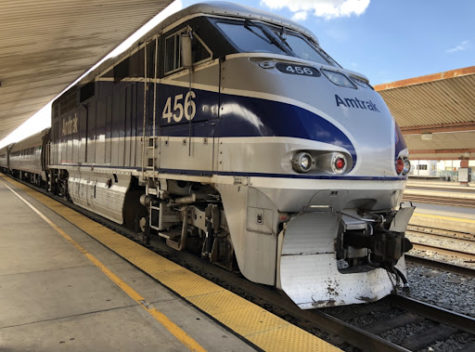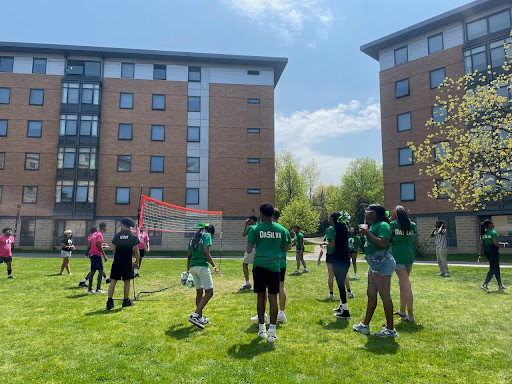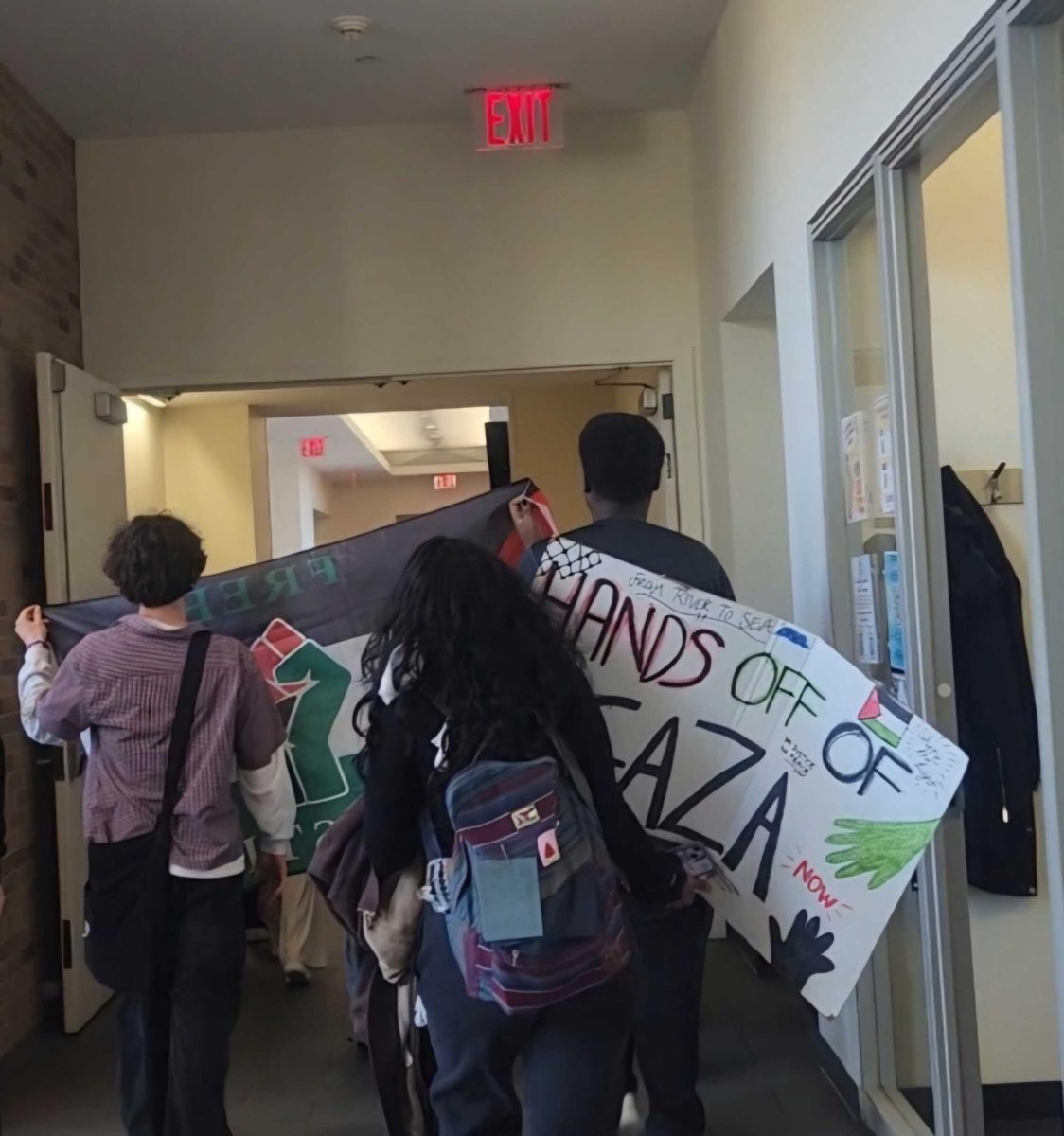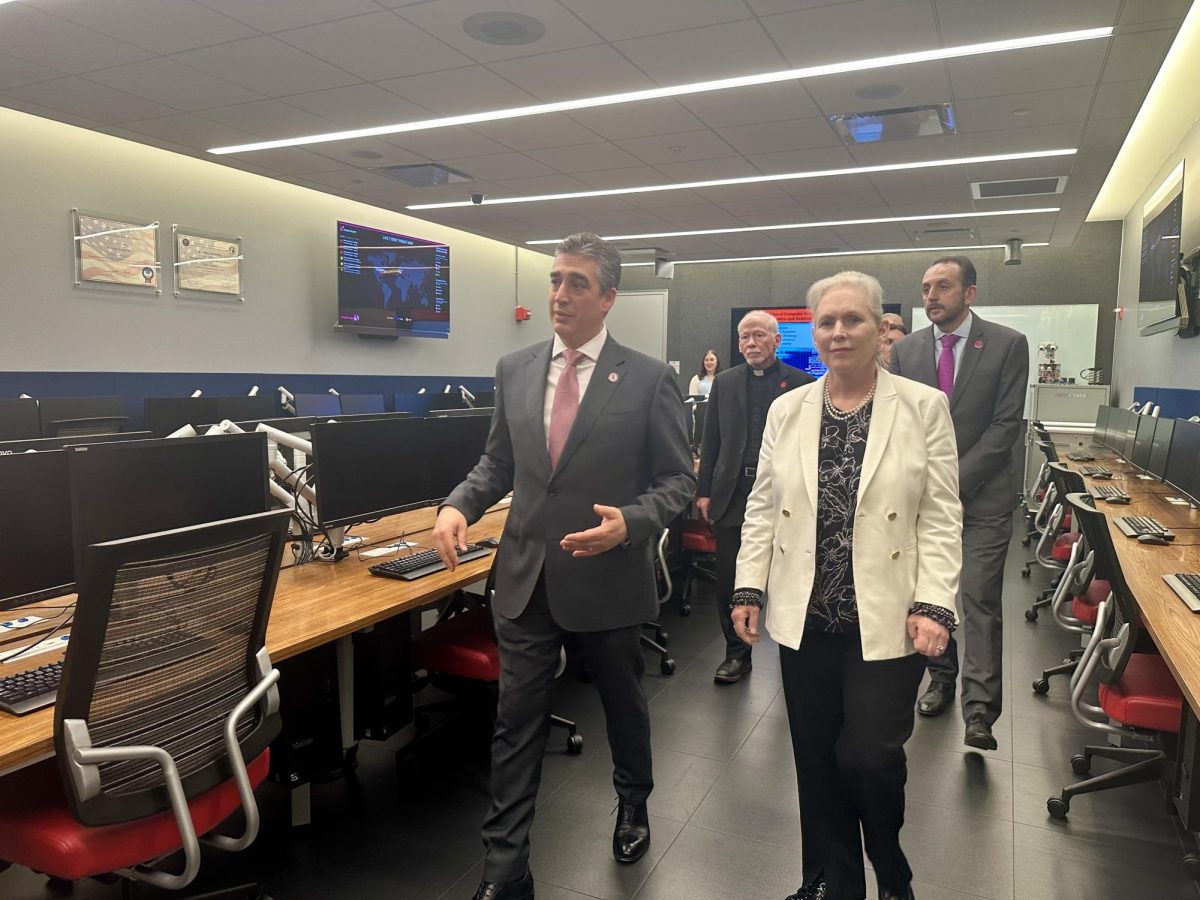
This past week, talk of tens of thousands of workers going on strike against their freight rail companies shook passengers and producers alike. The rail workers had threatened to strike on Friday, but the strike did not occur because of an agreement reached between the companies and the unions representing them. The tentative agreement — which gives workers higher pay and more flexible schedules, including unpaid time off for medical appointments — is a big victory for the Biden administration as well as the rail workers.
President Biden’s Labor Secretary Martin J. Walsh mediated the meeting between the industry leaders and the unions on Sept. 14.
Next, the deal moves onto union members to ratify the decision not to strike. Workers have agreed to postpone a strike until the vote is tallied.
Were the freight rail workers to go on strike, commercial travel would also be affected. While the employees of the passenger railroad service known as Amtrak are not set to go on strike, their trains would still suffer a shutdown or stoppage because a majority of Amtrak rails outside of the Northeast Corridor (the area stretching from Washington D.C. to Boston) are owned by some of the major freight rail companies.
“I took the train [into New York City] all the time before I lived here,” said Emily Milito, a freshman at St. John’s University and a Government and Politics major. “It’s one of the only ways to get back without spending hundreds of dollars on an Uber back to Westchester.”
“If they ended up needing to shut down commercial travel, I don’t know,” Milito continued. “A lot of people wouldn’t be able to make it home without spending a ton of money on a plane — and we’re college students. A lot of us don’t have that kind of money.”
Consumers and producers have a vested interest in the freight rail workers not going on strike. If the workers do strike within the next few weeks, the United States would experience widespread shipping disruptions and a sharp surge in prices of consumer goods. The Association of American Railroads estimates that a national rail service disruption would halt more than 7,000 trains a day, and would cost the U.S. economy more than $2 billion every day the disruption goes on.
The main motivator for the workers going on strike, the Unions explained, is the rigorous hours these employees are clocking in. The workers have reported being unable to take time off for medical appointments or family emergencies without fear of being penalized.
In a joint-statement released on Sept. 11, 2022, SMART-TD and the Brotherhood of Locomotive Engineers and Trainmen (two of the Unions representing the freight rail workers) stated that, “Penalizing engineers and conductors for getting sick or going to a doctor’s visit with termination must be stopped as part of this contract settlement… No working-class American should be treated with this level of harassment in the workplace for simply becoming ill or going to a routine medical visit.”
When asked if she would support the workers going on strike, Milito was adamant. “They should strike, if they have to. I hope it doesn’t come to that, but it’s unfair for them to be working these crazy hours. They [the freight rail workers] keep everything running. We owe a lot to them, and it’s just selfish of us as consumers to not see their point of view on this.”
While the issue on whether there will be a freight rail strike or not remains to be seen, one thing is certain. The outcome of this dispute will have lasting effects on the nation.


















Chaz • Sep 29, 2022 at 8:57 pm
So our scheduled time off for Doctor Appointments is 3 times a year with 30 days notice and it can only be on a Tuesday, Wednesday or Thursday wow so generous. Still no sick leave paid or unpaid. This tentative agreement is a joke and no one I know is voting yes it.
James • Sep 27, 2022 at 9:25 pm
“Big victory for rail workers” not so much. The attendance policies and punishment is a big thing we want negotiated. For example, prior to the implementation of Hiz Viz we were expected to be available 75% of the time. In a 28 day month a normal work schedule, assuming 40 hours a week would require a person to be at work for 160 hours. For a conductor or engineer on call we are expected to be available to work 504 hours in that same month. In 28 days there are 672 hours total. The unpaid time off can only be taken Tuesday, Wednesday, or Thursday with 30 days notice and approval by the carrier. Doesn’t sound like a big victory to me.